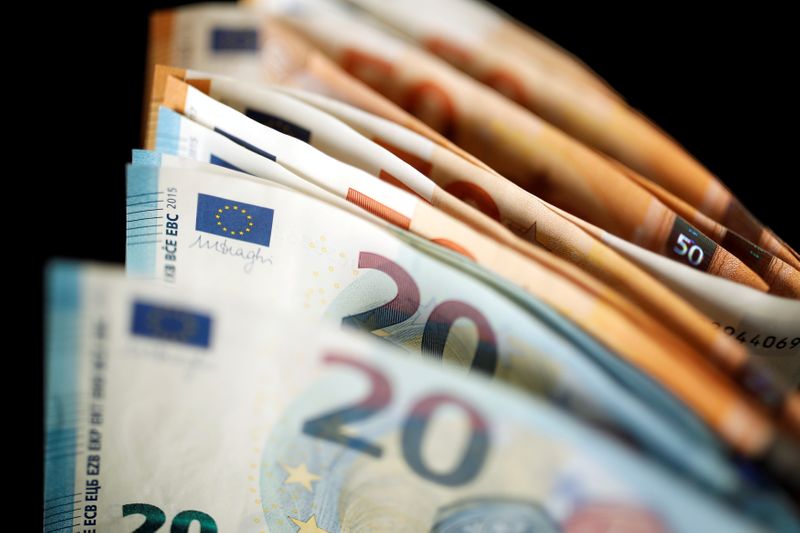BRUSSELS (Reuters) – Germany, the current holder of the European Union’s rotating presidency, urged the European Parliament on Thursday to speed up talks and work on weekends to agree on 1.8 trillion euros worth of the bloc’s next budget and a linked pandemic recovery.
The European Parliament must endorse the package agreed by EU governments after a tortuous four-day summit in July, before the money can start flowing to help revive the EU economy from the deepest recession in the bloc’s history.
But in exchange for its consent, the EU parliament wants governments to spend more money on research and development and to provide a legally binding timetable for the introduction of new EU-wide taxes to pay for the stimulus spending.
Crucially, parliament also wants a clear link between the EU money and observing the rule of law — a condition watered down by Poland and Hungary, both under EU investigations for flouting democratic checks and balances.
“I am very concerned that the negotiations are currently progressing too slowly. We must increase the frequency of negotiations significantly. We have offered the European Parliament to negotiate through the weekends as well,” German ambassador to the EU, Michael Clauss, told Reuters.
But Armin Wisdorff, a European Parliament spokesman, said it was EU governments, called the Council, that hampered progress by lumping all issues together.
“For the moment the Council is delaying the talks in insisting on treating the MFF (the long-term budget), recovery plan and apparently also the rule of law regulation as a package,” Wisdorff said.
Parliament had reduced the number of programmes in the long-term budget that it wants more money for, he said, but governments have not reciprocated by separating and simplifying the package.
“There is no acceptable proposal yet,” Wisdorff said.
The rule of law mechanism appears to the most difficult.
Because the EU’s 1.1 trillion euro budget for 2021-2027 and the 750 billion recovery package have to be agreed unanimously, Warsaw and Budapest have the power to hold up the money for the other 25 EU countries if a firm rule of law link is introduced.
“On the rule of law mechanism, we are in intensive talks with the EU member states,” Clauss said, noting the negotiations were “extremely complicated” and that Berlin would soon present a proposal to other EU governments on the exact wording of the rule-of-law conditions for accessing EU cash.
Wisdorff said the parliament’s demand for a strong and clear link between EU money and observing the rule of law by the government that gets it, has not changed since last year.
“As for the rule of law, the EP’s position is on the table since 2019. We now have to wait for Council’s proposal and see what it looks like,” Wisdorff said.
Clauss said that on EU-wide taxes, governments and parliament were “already close to each other”. But the issue is tricky because it concerns tax-setting powers jealously guarded by national parliaments.
(Writing by Jan Strupczewski, Editing by Gabriela Baczynska and Alexandra Hudson)























